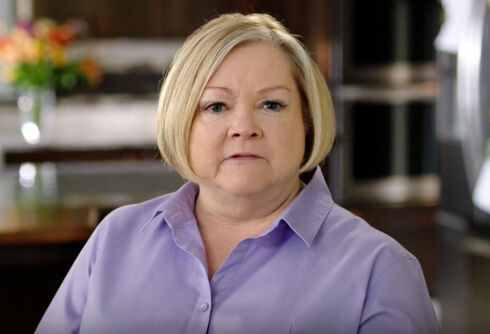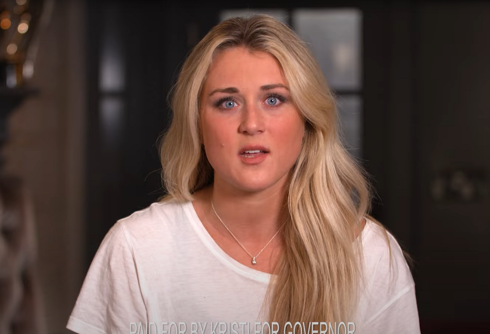 The Justice Department announced Tuesday that it would appeal a U.S. District Court ruling that the federal law defining marriage as between a man and a woman was unconstitutional.
The Justice Department announced Tuesday that it would appeal a U.S. District Court ruling that the federal law defining marriage as between a man and a woman was unconstitutional.
On the last possible day they could do so, the Obama administration filed a notice of appeal with the U.S. District Court for the District of Massachusetts in support of the 1996 Defense of Marriage Act, or DOMA, even though Obama has previously said he opposed the law.
“The Department of Justice has a long-standing practice of defending federal statutes when they are challenged in court, including by appealing adverse decisions of lower courts,” said Justice Department spokeswoman Tracy Schmaler.

On July 8, U.S. District Court Judge Joseph L. Tauro ruled on two separate challenges to DOMA, and held that the Act is unconstitutional and forced the state of Massachusetts to discriminate against its own citizens.
Never Miss a Beat
Subscribe to our newsletter to stay ahead of the latest LGBTQ+ political news and insights.
“The passage of DOMA marks the first time that the federal government has ever attempted to legislatively mandate a uniform federal definition of marriage–or any other core concept of domestic relations, for that matter,” Tauro ruled.
“Congress undertook this classification for the one purpose that lies entirely outside of legislative bounds, to disadvantage a group of which it disapproves. And such a classification, the Constitution clearly will not permit.”
Tauro’s rulings came in separate challenges: one filed by Massachusetts Attorney General Martha Coakley and the other by Gay & Lesbian Advocates & Defenders, a Boston-based legal rights group that argued successfully to make Massachusetts the first state in the country to legalize gay marriage.
In the case of Gill v. Office of Personnel Management, Tauro found that Section 3 of the Defense of Marriage Act violates the equal protection of the laws guaranteed by the Due Process Clause of the Fifth Amendment to the U.S. Constitution.
In that suit, filed by Gay & Lesbian Advocates & Defenders (GLAD), the Plaintiffs argued that DOMA constitutes a “classic equal protection” violation, by taking one class of married people in Massachusetts and dividing it into two — one class gets federal benefits, and the other does not.
In the companion ruling in the case of the Commonwealth v. United States Department of Health and Human Services, the judge held that the same section of DOMA violated the Tenth Amendment and fell outside Congress’ authority under the Spending Clause of the Constitution.
In the latter case, Massachusetts Attorney General Martha Coakley, argued that DOMA denied benefits such as Medicaid to gay married couples in Massachusetts, where same-sex unions have been legal since 2004.
The Defense of Marriage Act was passed by Congress by a vote of 85-14 in the Senate and a vote of 342-67 in the House of Representatives, and signed into law by President Bill Clinton on September 21, 1996.
The appeals eventually will be heard by the 1st U.S. Circuit Court of Appeals in Boston.













